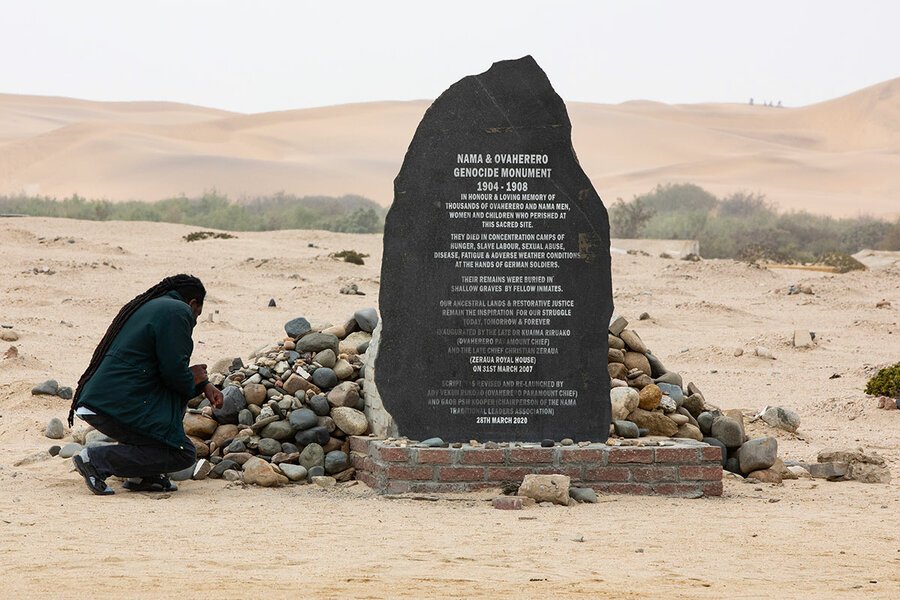Post-Colonial Memory Politics in Germany
By Reya Kumar
This article examines the evolution of colonial memory in Germany from the beginning of colonization in 1884 until today, with a particular focus on German Southwest Africa and the genocide committed against the Herero people between 1904 and 1908. Racial stereotypes developed during the colonial period led the public to justify the genocide and other atrocities committed in the colonies and to yearn for their return during the Weimar and Nazi periods. After the Holocaust, the societal memory of the colonies receded, with the exception of academic discourse. While there have been some efforts by the government and individuals to acknowledge the genocide since, it remains a peripheral issue in German society in contrast to the vast efforts to memorialize the Holocaust. Ultimately, though it has been over a century since it was carried out, Germany must truly reckon with the Herero genocide and its colonial atrocities in general.
